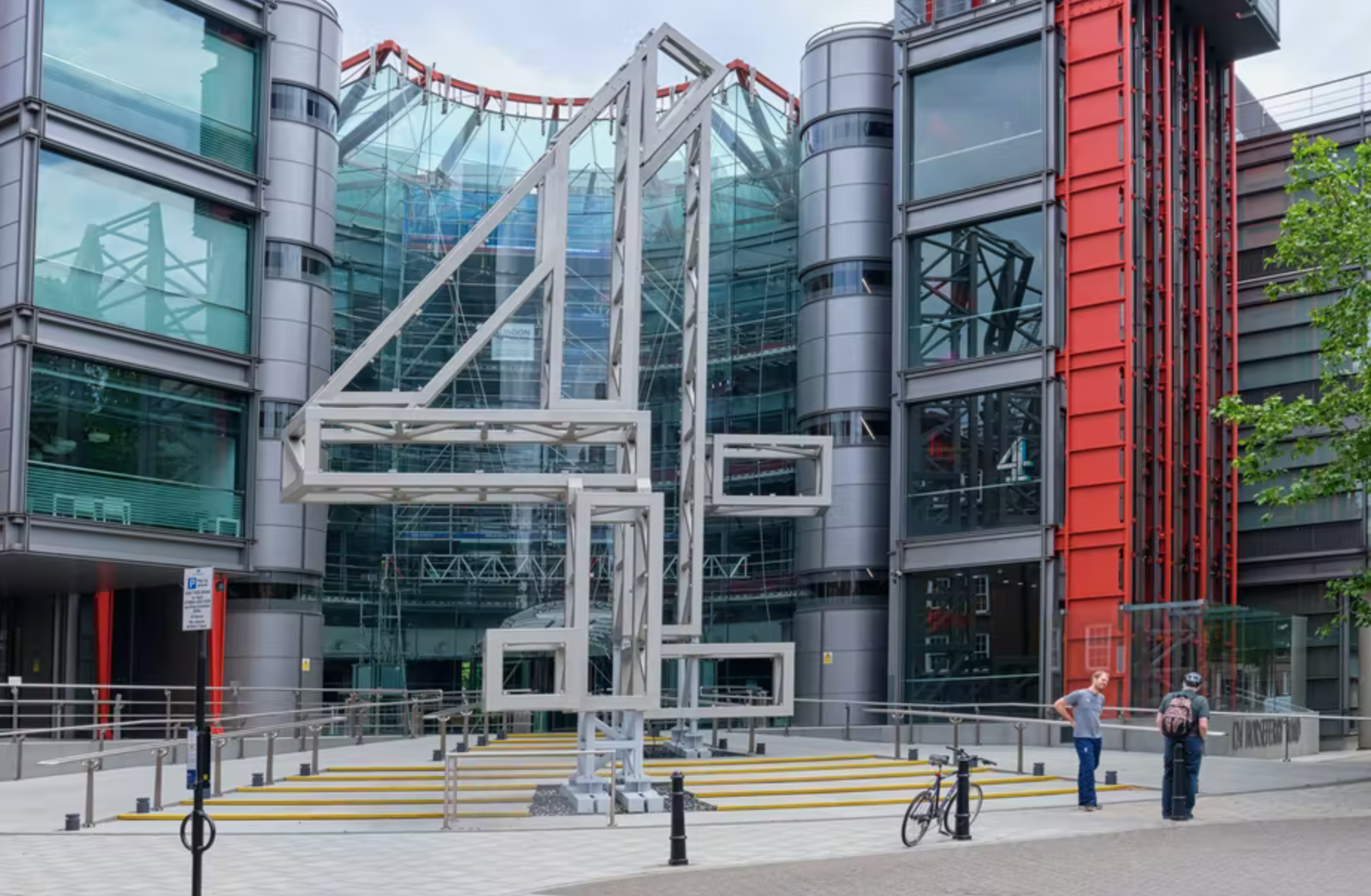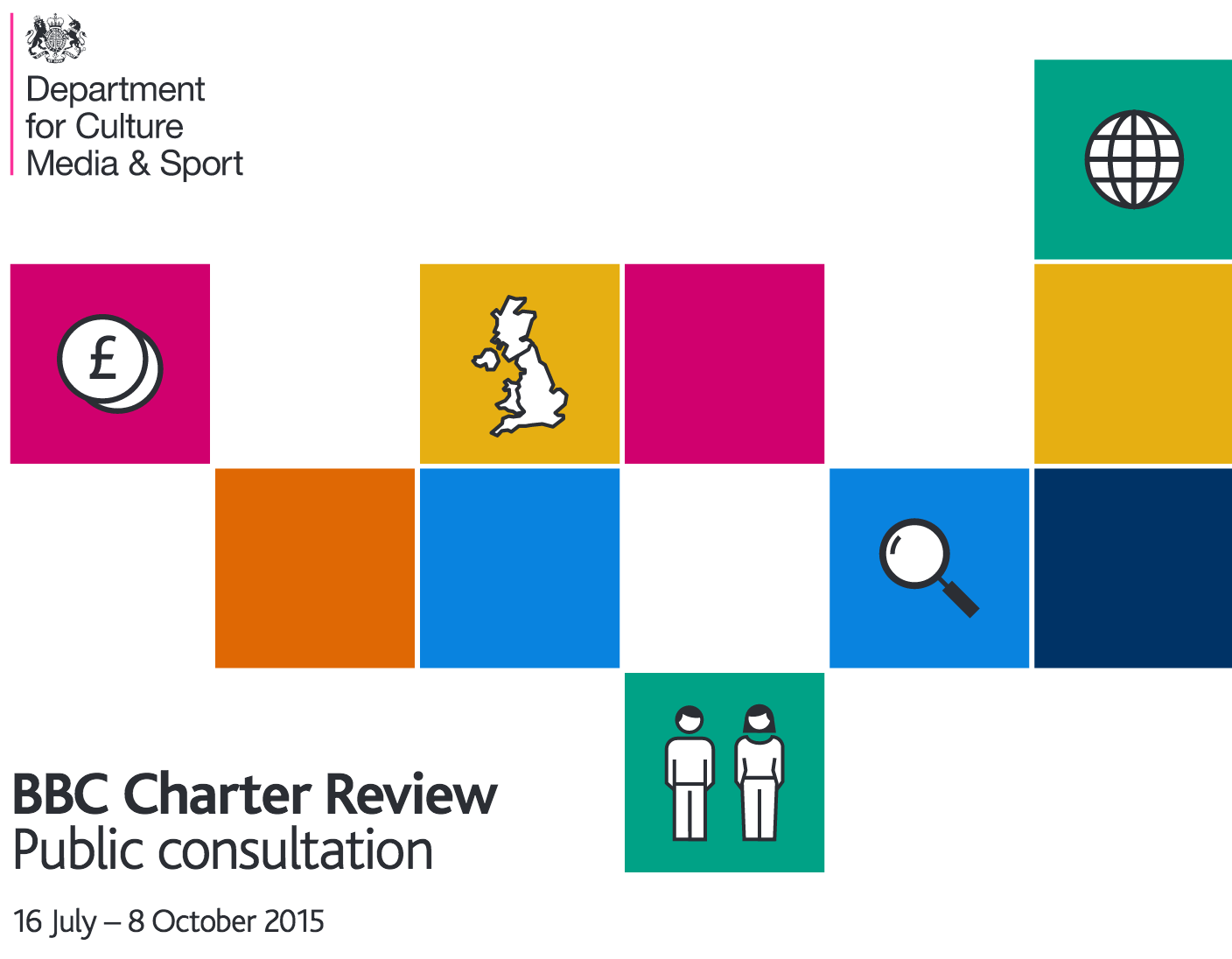 Patrick Barwise, Visiting Senior Fellow in the Department for Media and Communications at the LSE, Chairman of Which? and Emeritus Professor of Management and Marketing at London Business School, explains why funding cuts to the BBC will negatively affect not only viewers at home, but also the wider creative industries and the economy. Two public consultations on the future of the BBC close today: from the Commons Culture Media and Sport Select Committee and the Lords Communications Select Committee.
Patrick Barwise, Visiting Senior Fellow in the Department for Media and Communications at the LSE, Chairman of Which? and Emeritus Professor of Management and Marketing at London Business School, explains why funding cuts to the BBC will negatively affect not only viewers at home, but also the wider creative industries and the economy. Two public consultations on the future of the BBC close today: from the Commons Culture Media and Sport Select Committee and the Lords Communications Select Committee.
In July, the government surprised us all by ‘agreeing’ a tough new BBC funding settlement (albeit behind closed doors, with no consultation or debate and in breach of its election manifesto and private commitments). Others have criticised the process but, as we head into the main debate on BBC charter renewal, what about the likely consequences – for viewers, radio listeners, producers and the wider public interest?
In 2001, as chancellor, Gordon Brown introduced ‘free’ (i.e. taxpayer-funded) licences for all households with at least one member aged 75 or over, regardless of household size or income. George Osborne rightly wants to eliminate this growing, badly-targeted subsidy, to help reduce the deficit. But he and the prime minister didn’t dare phase it out so they have forced it onto the BBC. In return, Osborne and Cameron (kind of) promised to reinstate the link between the licence fee and inflation, and to reduce the ‘top-slicing’ of BBC income to fund other things such as superfast broadband.
The scope of the cuts
This deal continues a trend of salami-slicing BBC income that began in 2010 with a similar behind-closed-doors ‘agreement’. This has already reduced the BBC’s real income by over 12 per cent while the rest of the market has raced ahead. There are now more repeats, lower programme budgets, the planned closure of BBC3 as a broadcast channel, and less revenue and lower margins for TV production companies which are a key part of Britain’s booming creative sector.
The new settlement will make things much worse. Compared with a scenario in which the government re-indexed the licence fee to inflation from next year with no change in ‘top-slicing’, by 2021 BBC TV’s income will be about 19 per cent lower, reducing its revenue share to only 14-15 per cent and leading to further big cuts in programme investment. To put this into perspective: from 2017, the Premier League TV rights will cost more than BBC TV’s total programme budget – before the new cuts fully bite.
Will commercial broadcasters step in?
The deal’s net impact on viewers will vary but most will suffer a clear reduction in choice and value for money as a result of the impact on programme investment. It’s sometimes suggested that the BBC ‘crowds out’ other broadcasters. In reality, the evidence is that, if anything, it probably forces them to invest more in order to compete. But, even – very optimistically – assuming that a smaller BBC will lead commercial broadcasters to invest more, this will not come close to replacing the lost BBC investment, especially in new British programmes.
There are two reasons for this. First, all industry and independent experts agree that a smaller BBC will lead to little, if any, extra advertising revenue (and therefore advertising-funded programme investment) because the price of commercial airtime will be reduced. Secondly, although there may be some extra subscription revenue, this will do little for UK viewers and producers because the pay TV operators and multi-channels, for good commercial reasons, invest less than 10 per cent of their UK revenue in new British programmes. The equivalent figure for BBC TV is about 55 per cent.
The 19 per cent cut in BBC TV’s income will also lead to similar cuts for BBC Radio, BBC Online, the World Service, technologies such as the iPlayer and digital radio, and the BBC’s contribution to local TV, children’s TV, the creative industries and wider British culture, society, democracy, employment and exports. There is no chance of commercial players replacing more than a small proportion of these losses.
Are there benefits for anyone?
In short, the new settlement will be bad for viewers, radio listeners, online users, producers, the wider creative industries and economy, those benefiting from other activities funded by the licence fee such as children’s TV and the Welsh language channel S4C, the UK’s international image and ‘soft power’, and many other aspects of the national interest.
In fact, apart from a few commercial and political vested interests and households with free licences – if they see these losses as worth less than the 40p per day licence fee – it is hard to think of anyone in Britain who will benefit from the new settlement. Internationally, the main beneficiaries will be regimes hostile to Britain and democracy.
All this is in a context of changing TV technology and viewing behaviour. But that has no bearing on the need for continuing investment in high-quality British programmes. The damage to UK production and the wider public interest is not driven by market forces or technology trends. It is the result of the deals imposed by the Chancellor in 2010 and 2015.
This article is based on Patrick’s chapter in The BBC Today: Future Uncertain, edited by John Mair, Richard Tait and Richard Keeble, Abramis, 2015, pages 114-126. It gives the views of the author and does not represent the position of the LSE Media Policy Project blog, nor of the London School of Economics and Political Science.






1 Comments